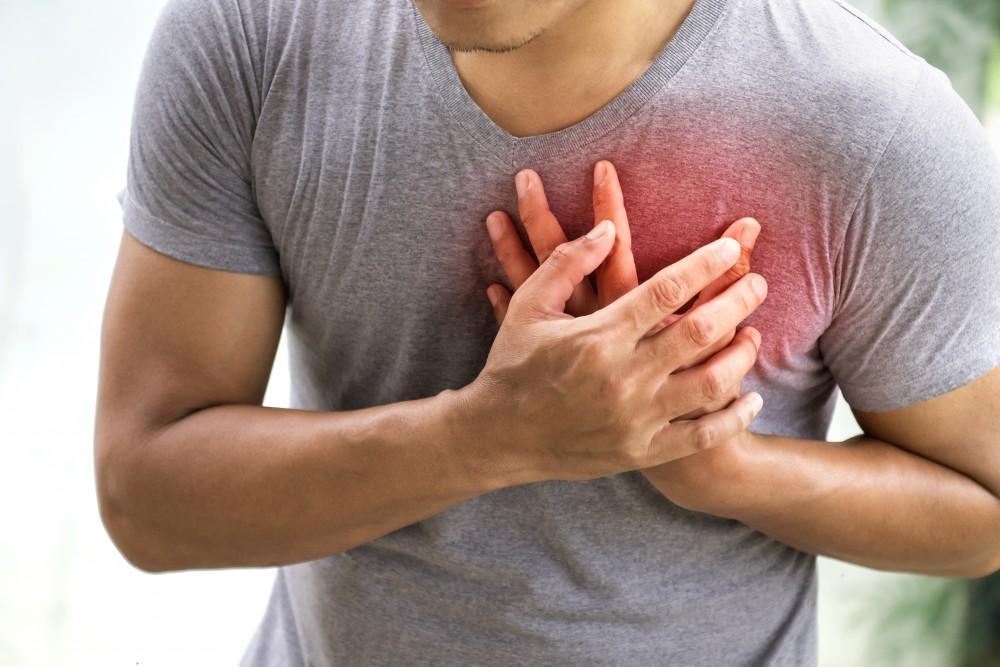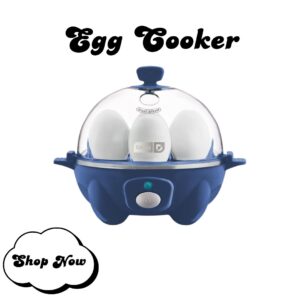How Chronic Pain Affects Blood Pressure and Heart Rate
Among the most common cardiovascular conditions are high blood pressure (hypertension) and increased heart rate (tachycardia). Hypertension alone affects over 3 million Americans each year.
But let’s begin by pointing out that these conditions are not always cause for concern. Your blood pressure and heart rate regularly rise (temporarily) due to things like stress or strenuous physical activity. The latter is in fact GOOD for your heart health. The trouble starts when blood pressure and heart rate are continuously elevated.
Blood pressure is determined by the amount of blood moved through the arteries and how much effort is required to move that blood with each heartbeat. Heart rate is determined by how fast your heart beats, usually measured in beats per minute.
Both of these conditions force the heart to work harder to move blood throughout the body. The longer the heart is overworked, the greater the risk of heart failure, heart attack, or other serious health problems like stroke.
So where does chronic pain come into play in all this? Experts believe there are two primary reasons that chronic pain causes hypertension and tachycardia.
Pain has shown to stimulate the autonomic nervous system.
The autonomic nervous system is responsible for all the involuntary actions your body performs, such as breathing, sweating, digestion, and, you guessed it, heart rate and blood pressure. When this system becomes stimulated by pain signals, heart rate and blood pressure increase.
Your brain responds to pain signals by launching your body’s flight-or-flight response.
The flight-or-flight response is a reaction to stressful or dangerous situations. When activated, fight-or-flight stimulates the release of hormones such as adrenaline. These hormones cause your heart to pump harder and faster so your blood can deliver oxygen to where it is needed most.
When you suffer from chronic pain, your system is constantly being bombarded by pain signals. When this is happening, your body’s natural reactions can put excessive stress on your heart and may result in serious cardiac health issues.
Chronic Pain and Elevated Cholesterol
High cholesterol is a major contributor to heart issues and affects millions of Americans every year.
Blood cholesterol is a waxy, fat-like substance made by your liver. Your body needs it to perform important jobs, such as making hormones and digesting fatty foods.
The body makes enough cholesterol all on its own, so when excess cholesterol is introduced via health conditions like type 2 diabetes or obesity, or lifestyle factors like an unhealthy diet, smoking, excessive alcohol consumption, and lack of activity, it causes a buildup of fat deposits called “plaque.”
This plaque buildup concentrates on the walls of your arteries. Over time, this causes the insides of your arteries to narrow, blocking blood flow to vital organs and body parts. This decreased blood flow can increase the risk of heart attacks and heart disease.
Enter chronic pain once again. Unlike in the case of hypertension and tachycardia, chronic pain does not stimulate a natural bodily response that increases cholesterol levels. Chronic pain’s role is more indirect, specifically how it influences lifestyle factors that can result in elevated cholesterol. Some of the most common and impactful factors include:
Lack of activity
One of the best ways to prevent high cholesterol levels is regular exercise and physical activity. Exercise stimulates the release of enzymes that help remove bad cholesterol from the blood. However, those who suffer from chronic pain tend to be less active due to the limitations of their condition. As a result, the body won’t be able to remove bad cholesterol as effectively, allowing plaque to build up more rapidly.
Lack of Sleep
Sleep is when your body, including your heart, recharges. Your blood pressure drops, your heart rate slows, and your breathing relaxes, allowing your heart to recover from the day. But sleep can be difficult to come by when you have chronic pain. Studies have shown that lack of sleep can result in your heart not getting the rest and recovery it needs. Studies have shown that lack of sleep can lead to higher levels of bad cholesterol in the blood stream.
Anxiety and Depression
Chronic pain has a tendency to significantly limit your ability to do many of the things you love. This is a reason that many chronic pain sufferers develop depression. Studies have shown that depression can cause stress hormones to be consistently elevated, which in turn can cause high cholesterol levels. Additionally, anxiety and depression can result in increased food consumption, fat storage, and weight gain, often called “stress eating,” which can also cause high cholesterol.
Additionally, each one of these factors has the potential to cause or exacerbate the others. For example, depression may make it more difficult for you to commit to an exercise routine while also keeping you awake at night as you focus on your worries. This can collectively result in a frightening cycle that accelerates the onset of serious heart problems.
That is why it is so important to be aware of these risks and take steps to manage them.
How to Prevent Heart Conditions Caused by Chronic Pain
As they say, “an ounce of prevention is worth a pound of cure.” And as with many health conditions, one of the best ways to prevent heart problems if you have chronic pain is by making smart, healthy lifestyle choices.
To the best of your ability, get in at least 30 minutes of exercise or physical activity each day.
It can be anything from a complete workout regimen to simply taking a nice long walk. Regular activity is one of the best things you can do for heart health and overall wellbeing, and it can go a long way in preventing a lot of other issues that contribute to heart conditions. But make sure you speak to your doctor before starting any kind of exercise routine, just to make sure you are making appropriate choices that won’t worsen your pain or cause further complications.
Make every effort you can to get quality sleep
This can be difficult when you have chronic pain, but it is essential. As we previously mentioned, sleep is when your body recovers. If you do not get good sleep, your pain will likely only get worse, making it more likely that serious complications could develop. Talk to your doctor about safe options to help you get a good night’s rest.
If you ever feel unusually anxious or at all worried that you may be depressed, do not ignore those feelings.
Especially if you already suffer from chronic pain. Instead, discuss your concerns with a licensed mental health professional. Best case scenario, you can have peace of mind. But if there is something deeper going on, you will have established a relationship with someone who can help you through it.
Along with these helpful prevention tips, it is important to get right to the heart of the problem. If you suffer from chronic pain, get it treated. Chronic pain is tough, but it’s not so tough that you have to let it beat you.
Luckily, chronic pain management is a rapidly advancing field and today there are a wide variety of innovative and effective treatment options that can provide significant pain relief. By reducing, or perhaps even eliminating, your chronic pain through treatment, you may be able to tremendously lessen the possibility of developing serious heart conditions.





